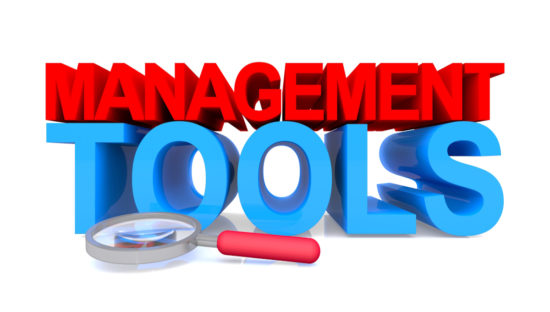— OPINION —
By Bonna Cannon
On May 9 an Executive Order was signed to “Fight Overcriminalization in Federal Regulations.” In short, it discourages criminal enforcement of regulatory violations —particularly those without clear intent or where the rule itself isn’t well known.
Pair that with fewer FDA inspections because off reduced resources, and some food executives see a loophole:
“They’re not inspecting much anymore.”
“Let’s pause our QA upgrades—no one’s looking.”
“Do we really need to keep running those tests?”
Let’s be brutally honest, if your first move is to cut safety the minute no one’s watching, you’re not a leader — you’re a liability.
Fewer FDA visits don’t mean less risk — they mean more blame
This Executive Order doesn’t protect you. It exposes you. It may make criminal prosecution harder, but it raises the standard for accountability. If you knew the risks (and you do), and you chose not to act (and you did), the fallout won’t come from the FDA. It’ll come from:
Civil lawsuits from injured consumers
Viral social media backlash
Negligence claims that pierce right through your corporate liability shield
Class actions that don’t care how slow FDA is moving
You might not go to jail. But you will get sued — and possibly into oblivion. And unlike FDA, plaintiff attorneys aren’t short-staffed.
“Mens Rea” doesn’t mean what you think it does
The order focuses enforcement on those who knew — or should have known — their actions posed a serious risk.
So ask yourself:
Did you cut QA budget despite known sanitation gaps?
Did you delay maintenance to hit an EBITDA target?
Did your team raise concerns you ignored or buried?
Did you run off FSQA leaders trying to raise the bar?
If so, congratulations — you’ve just walked straight into liability, eyes wide open. This isn’t a “get out of jail free” card. It’s a “sue me faster” card. And if you have a “friendly inspector” who looks the other way?
You didn’t dodge accountability. You lost your last barricade. When the lawsuit comes, you’ll stand alone while they ask, “Why didn’t you stop this?”
The science is clear — whether you like it or not
This isn’t 1999. You don’t get to plead ignorance.
We know how to control Listeria, Salmonella, and E. coli.
We know how to validate kill steps.
We know that reusing dirty equipment or skipping allergen verification isn’t lean—it’s negligence.
And here’s the kicker: DNA doesn’t lie.
With whole genome sequencing (WGS), public health agencies, regulators — and yes, trial lawyers — can now match the pathogen that made someone sick directly to the resident strain in your plant.
That “low-risk” Listeria swab from your drain last quarter? If it shows up in someone’s bloodstream next month, you’re not just part of the supply chain—you’re the source.
No spin. No ambiguity. No plausible deniability.
You either acted on the data — or you didn’t. And if you didn’t, you just handed a plaintiff attorney Exhibit A.
So when you cut your environmental monitoring, skip sequencing, or downplay a repeat zone 3 positive?
Remember: the science is now stronger than your excuses.
Cutting QA is not a strategy — it’s a time bomb
If you’re debating whether to pause a training program, delay a sanitation upgrade, or skip allergen verification “until next quarter,” ask yourself:
Can I explain this cost-cutting decision to a grieving family?
Can I defend it in court?
Can I prove I did everything reasonable to prevent harm?
If not, you’re not saving money. You’re mortgaging your brand, your credibility, and your conscience. And when it detonates? You’ll wish your only punishment was an FDA Form 483.
Real leadership owns the risk — it doesn’t hide behind it. You know who you are. You’ve been deferring upgrades. You’ve let software replace staff. You’ve ignored your frontline teams while counting on delays in oversight to buy time.
That’s not strategy. That’s willful negligence dressed up as pragmatism. It doesn’t make you clever. It makes you complicit.
Final thought
The May 9 Executive Order isn’t a loophole. It’s a red flag. It shifts accountability directly to leadership — to you. Because now that criminal penalties are harder to pursue, civil consequences will hit harder, faster, and more personally.
This is your chance to:
Reinvest in your quality systems
Empower the people doing the real work
Fix what you’ve been ignoring
Lead like someone’s life depends on it — because one does
And when the worst happens? You don’t get to blame the inspector. You don’t get to blame the budget. You only get one question: “Why didn’t you act when you had the chance?”
If your answer is “We thought we could get away with it”?
You’ve already lost more than your business.
(To sign up for a free subscription to Food Safety News, click here)



